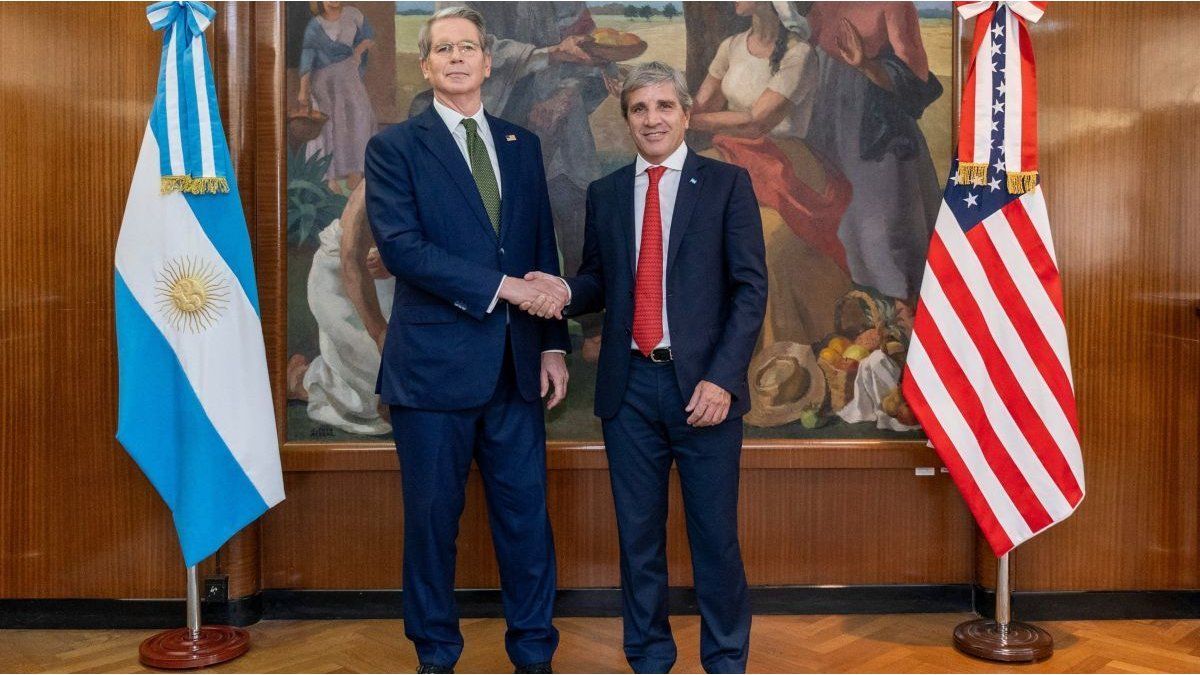The world association FIFA is in demand if you want to avoid unpleasant scenes and discussions in view of the planned groups of three.
In 2026 in the USA, Canada and Mexico, 48 teams will compete for the first time instead of the previous 32. The plan is for the top two out of 16 pools of three to advance to the knockout stages. In the light of the recent World Cup, of course, that doesn’t seem very attractive. There is a risk of “dead games” if, for example, the last group game between two teams that have already won and thus qualified for the knockout round takes place.
FIFA admitted earlier this year that it was concerned about the risk of implicit or explicit collusion between already qualified teams. “This question has been raised,” said FIFA vice-president Victor Montagliani in March. Alternative formats are on the table, the FIFA Council will have to decide next year.
80 games in 32 days – or even more?
According to Arsene Wenger, FIFA’s head of global football development, there are two variants: there would be twelve groups of four teams, with promoted teams being the top two in each pool and the eight best third-placed teams. The alternative would be two separate preliminary rounds of 24 teams each, fighting for progress in six groups of four. The winners of the two halves would face each other in the final.
But that would bring a significant increase in the number of games. The World Cup in Qatar has 64 games in 29 days, according to the current status it would be 80 games in 32 days in 2026. With the groups of four the number would increase to 104, an additional week would then be necessary. As a result, FIFA runs the risk of losing the delicate balance of tension that characterized the World Cup in Qatar and turning the tournament into a drawn-out affair that is little conducive to entertainment.
At the same time, however, additional income from the TV rights beckons. Given that these make up 90 per cent of FIFA’s revenue, this is an enticing prospect for the world governing body. The Qatar World Cup brought FIFA revenues of USD 7.5 billion (EUR 7.11 billion) from rights and sponsorship deals – USD 1 billion (EUR 0.95 billion) more than in 2018 the World Cup in Russia, FIFA announced in November.
more on the subject
The farewell tears of the World Cup stars
France after 2-0 over Morocco in the World Cup final
Willi Ruttensteiner: What Vicente del Bosque has to do with this World Cup
Neymar after Brazil’s World Cup exit: “I’m mentally destroyed”
more from World Cup 2022
The World Cup is used by Qatar as an argument for Olympic honors
The duel of the “half brothers”: Hakimi should stop Mbappe
Messi’s last World Cup tango calls for the coronation
El-Gawhary: “A Moroccan-Arab-African Winter’s Tale”
My themes
For your saved topics
found new items.

info By clicking on the icon you add the keyword to your topics.
info
Click on the icon to open your “My Topics” page. They have of 15 tags saved and would have to remove tags.
info By clicking on the icon you remove the keyword from your topics.
Add the theme to your themes.
Source: Nachrichten
I am Pierce Boyd, a driven and ambitious professional working in the news industry. I have been writing for 24 Hours Worlds for over five years, specializing in sports section coverage. During my tenure at the publication, I have built an impressive portfolio of articles that has earned me a reputation as an experienced journalist and content creator.



